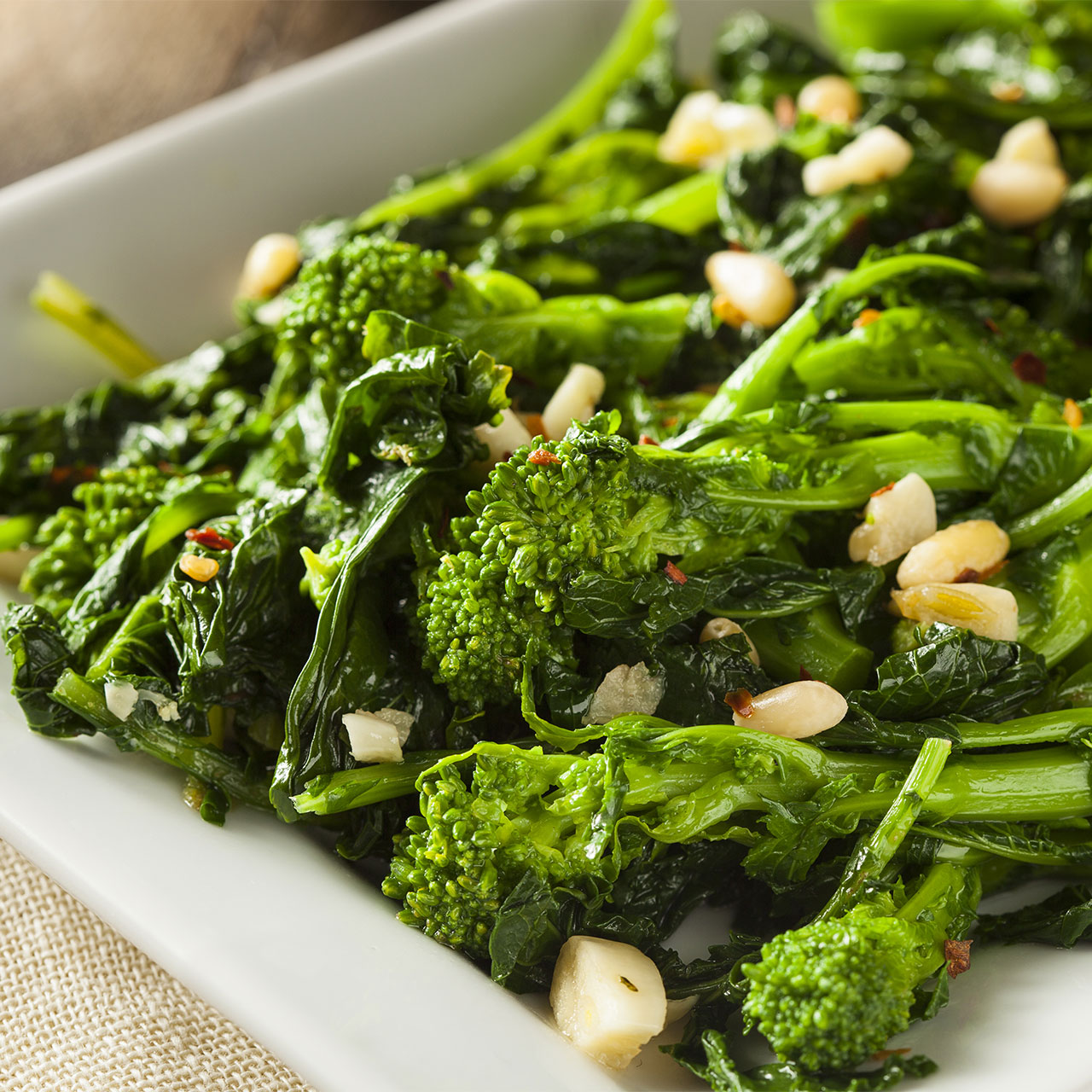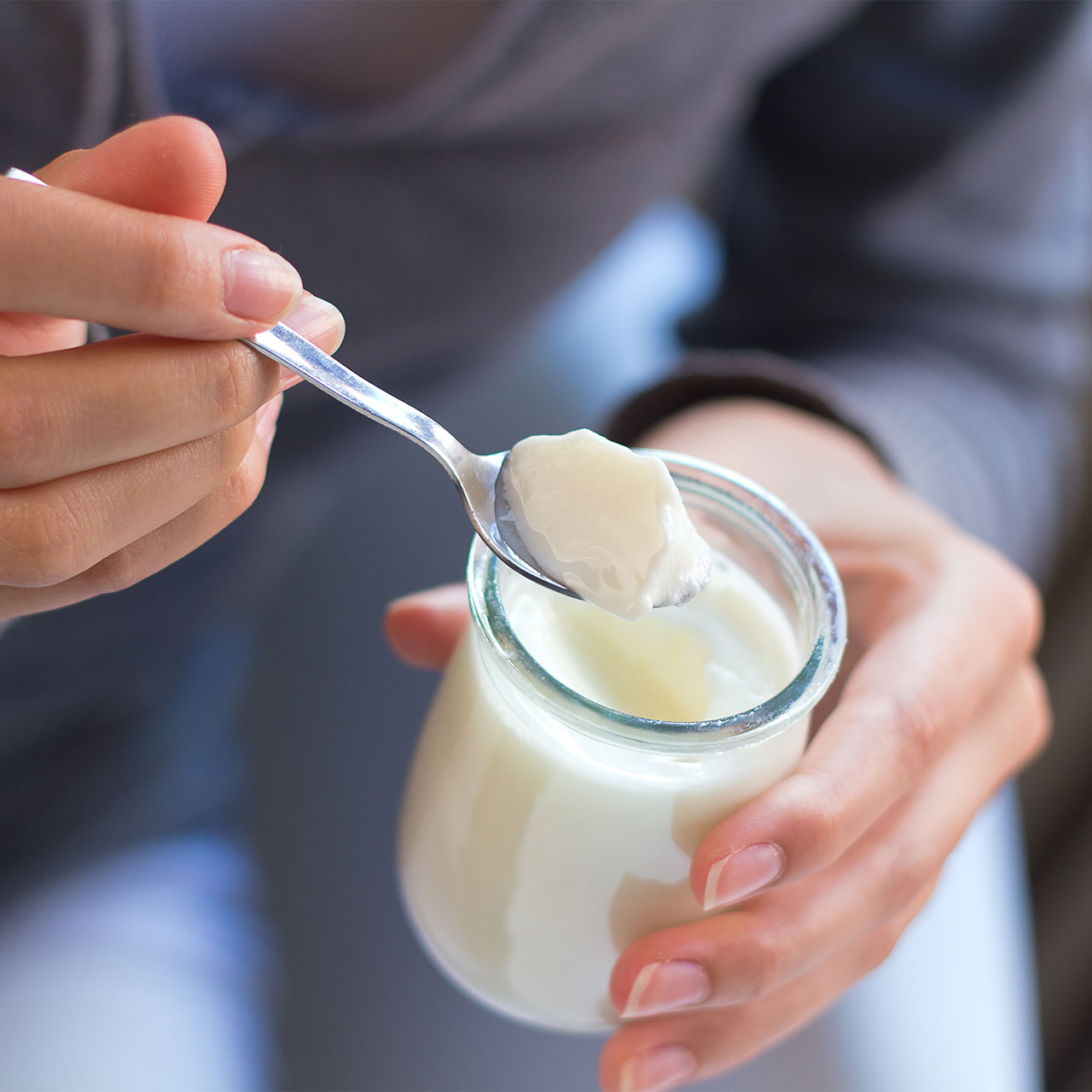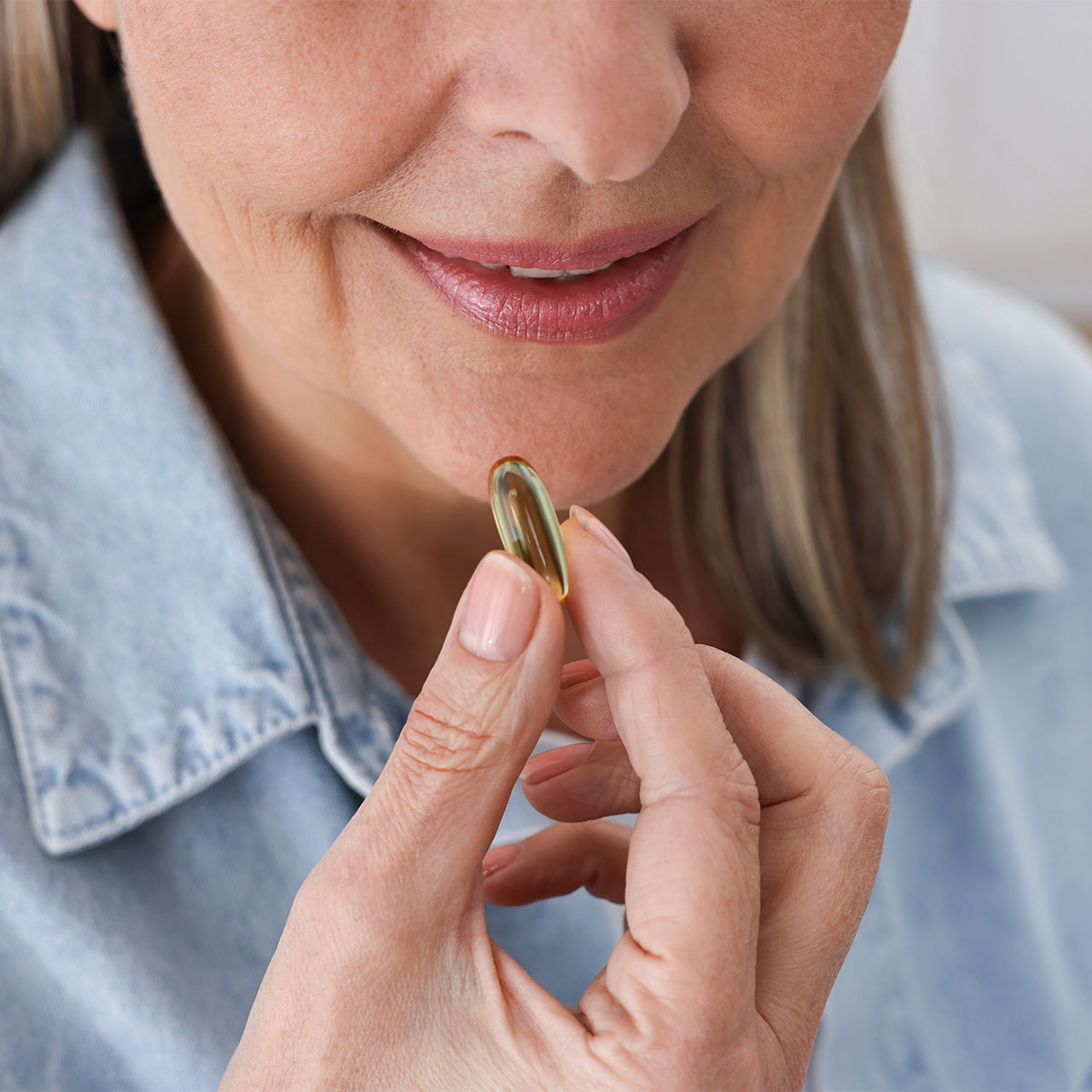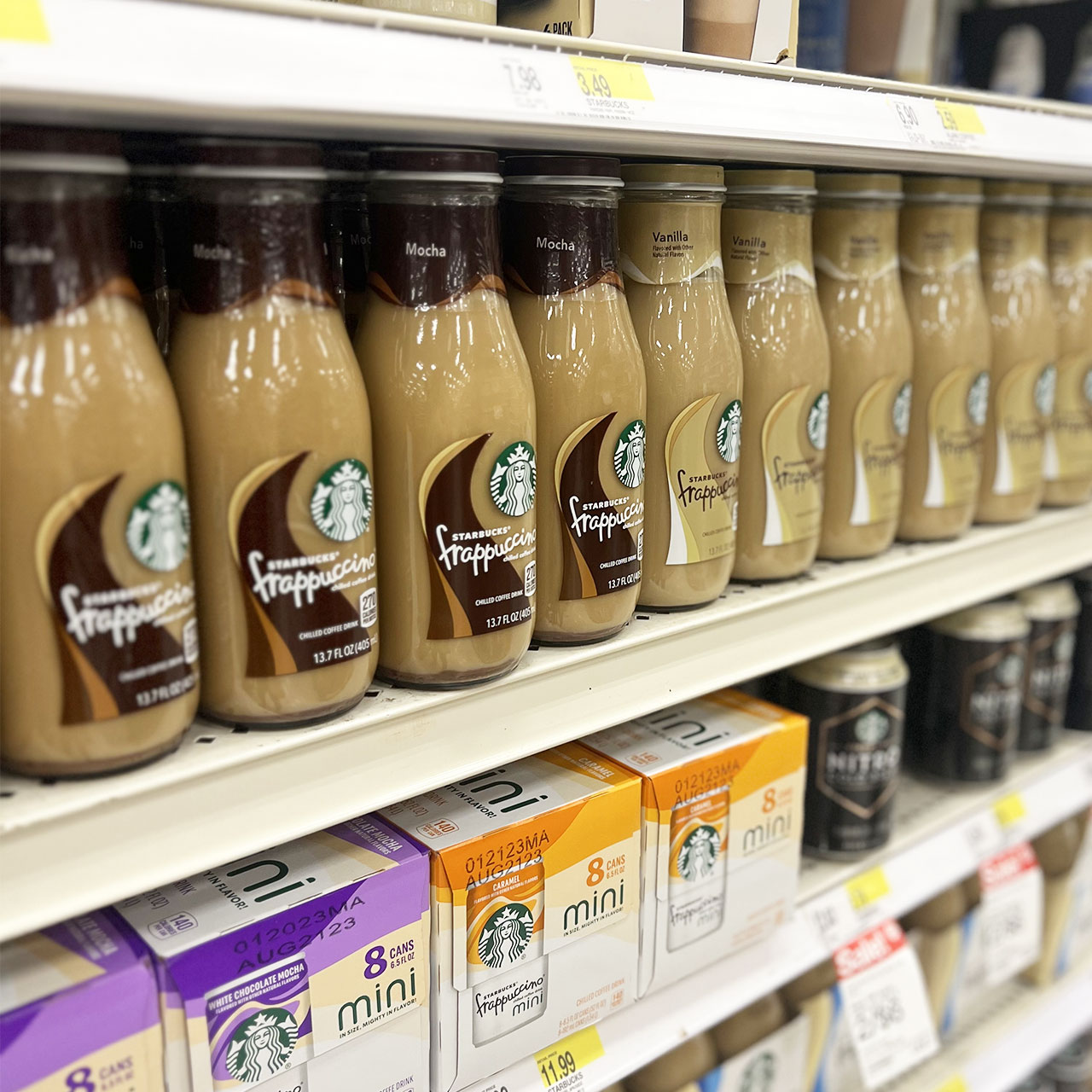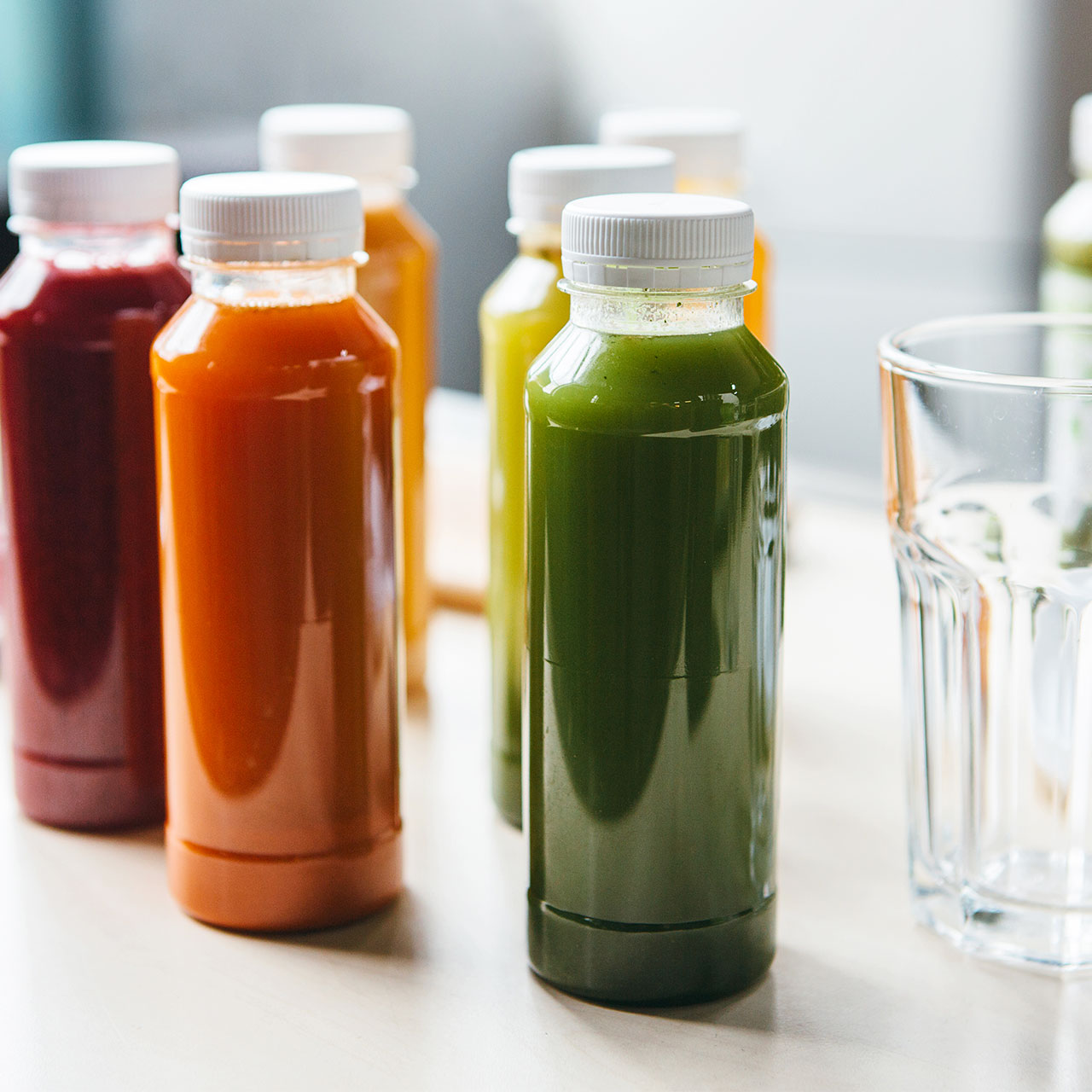This post has been updated since it was originally published on 08/26/2022 to include more expert insight.
Ah, butter—whether you’re smearing it on a warm piece of toast or melting it in a pan to get your favorite recipe started, it’s likely you use some variation of this all-purpose spread on a daily basis. And there are so many options to choose from! There’s salted and unsalted, stick or spreadable, and a whole range of alternatives and imitations: vegan butter, margarine made with yogurt, and the works. But while many of these are deemed as healthy replacements, experts say that’s not necessarily the case. Choosing the wrong spread could put you at risk of inflammation and weight gain.
To learn more about the worst type of buttery spread out there, we spoke to dietitians Nataly Komova, RD, Kimberly Gomer MS, RD/LDN, and Dr. Gretchen San Miguel, MD and Chief Medical Officer for Medi-Weightloss. They told us all about why you should steer clear of margarine made from vegetable oil if you want to lead a healthy life.

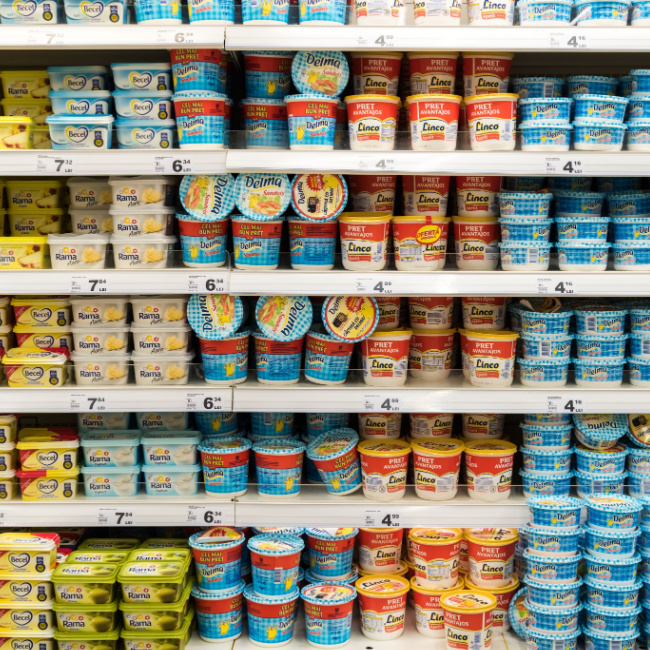
Margarine Made With Vegetable Oil Leads To Inflammation And Weight Gain
Although margarine originally had a reputation as a better-for-you alternative to butter, health experts warn that it may actually be one of the worst spreads you can cook with. "I generally discourage my clients from using it because margarine is the unhealthiest of all spreads and butters," Komova says. "It mostly carries large amounts of trans-fats and pro-inflammatory omega-6 fats—the worst fats that increase LDL, leading to a risk of heart diseases. Additionally, higher trans-fats potentially cause insulin resistance, which lowers metabolism." Yikes!
Dr. Gretchen San Miguel, MD and Chief Medical Officer for Medi-Weightloss, shares an interesting fact about margarine the next time you catch yourself throwing it in your shopping cart. "The worst margarine choices are sticks or solids, because they have the highest amounts of trans fats," she explains. "The best choices are soft or liquid margarines that have no or very little trans-fat, and less than 3 grams of saturated fat per serving."
The problem here isn't only the fat and calorie content, though. In fact, Gomer shares that all fats, including butter and oil, contain 9 calories per gram. So no matter what spread or oil you use, there's really no way to get around that—but some options are worse than others when it comes to your overall health. "What makes a difference is the health of the fat and how it effects inflammation and thereby weight," she tells us. A healthy fat, she says, should both keep you satiated and keep your hormones (like insulin) balanced: "They keep insulin low and help you feel full."
The downsides of margarine largely stem from the fact that it's typically made from vegetable oils (unhealthy fats) which research suggests can take a serious toll on your health by causing inflammation. "All seed oils cause inflammation in the body. These include: soybean oil, corn oil, cotton seed oil, peanut oil, vegetable oil, sesame oil, sunflower oil, canola oil, and rice bran oil," Gomer explains, adding that margarine is usually made with soybean oil or other varieties of processed vegetable oils, making it "a perfect example of an unhealthy fat." Noted!
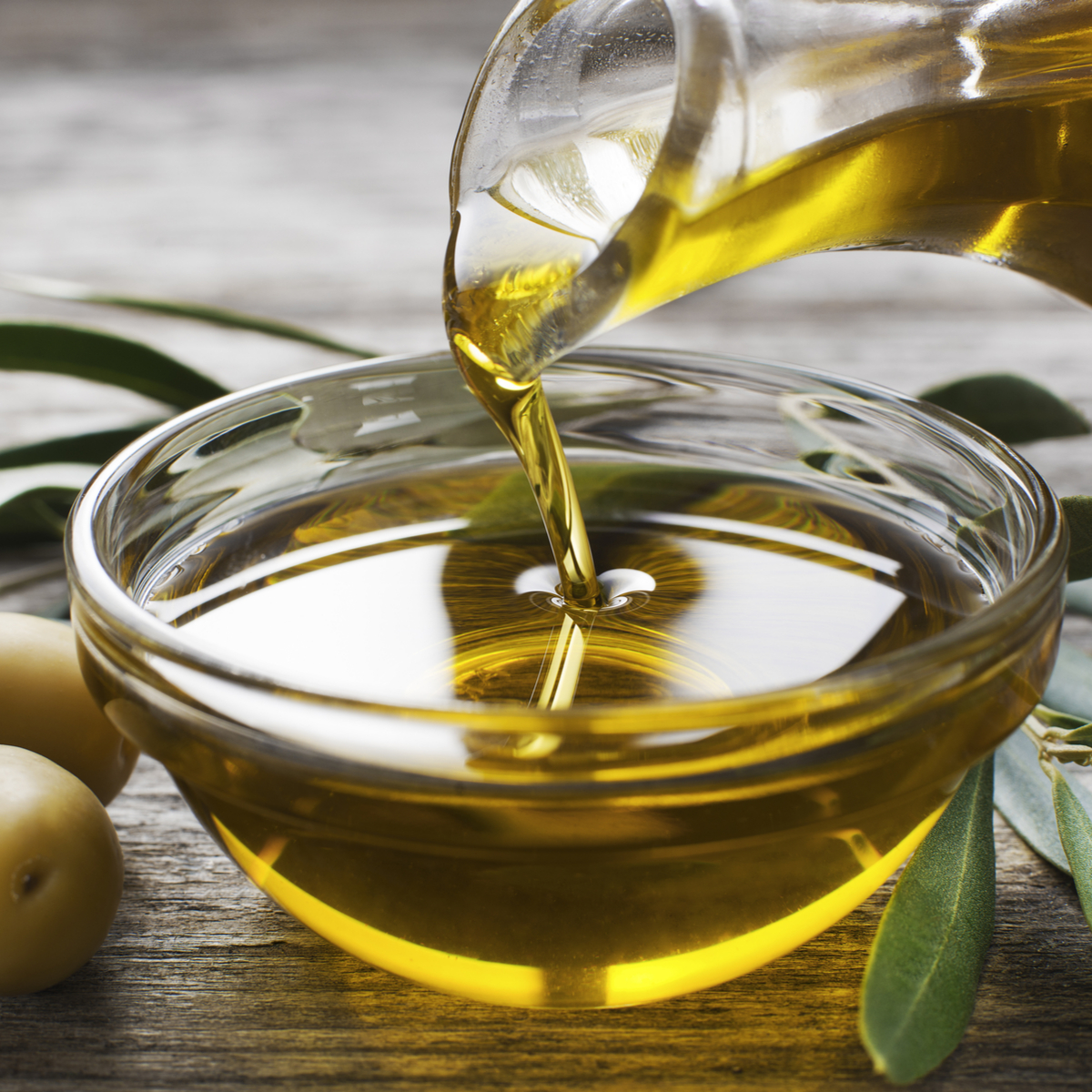
Healthy Alternatives To Margarine And Butter
Okay, so you should avoid margarine because it's made with unhealthy vegetable oils, and we all know butter typically isn't the best option, either. So, what can you cook with if you're watching your weight? There are a ton of great options!
Komova and Glomer both recommend choosing healthy fats like ghee, avocado oil, olive oil, and coconut oil. "Otherwise, everything in life, including food consumption, requires moderation. If you must have margarine or butter, reduce the portions to limit the intake," Komova concludes. Got it!










